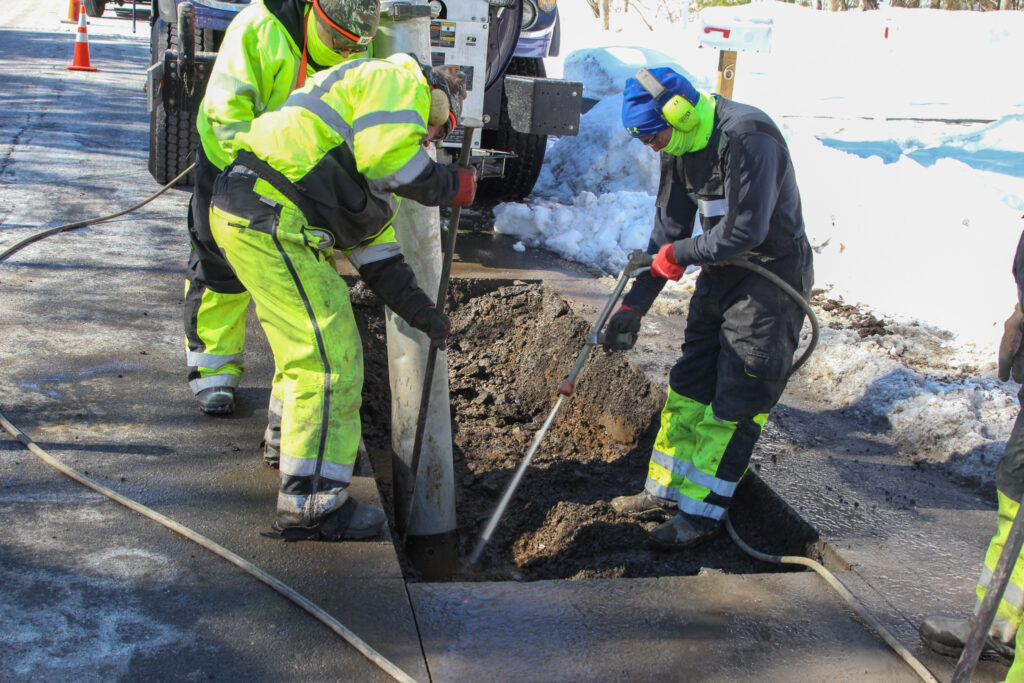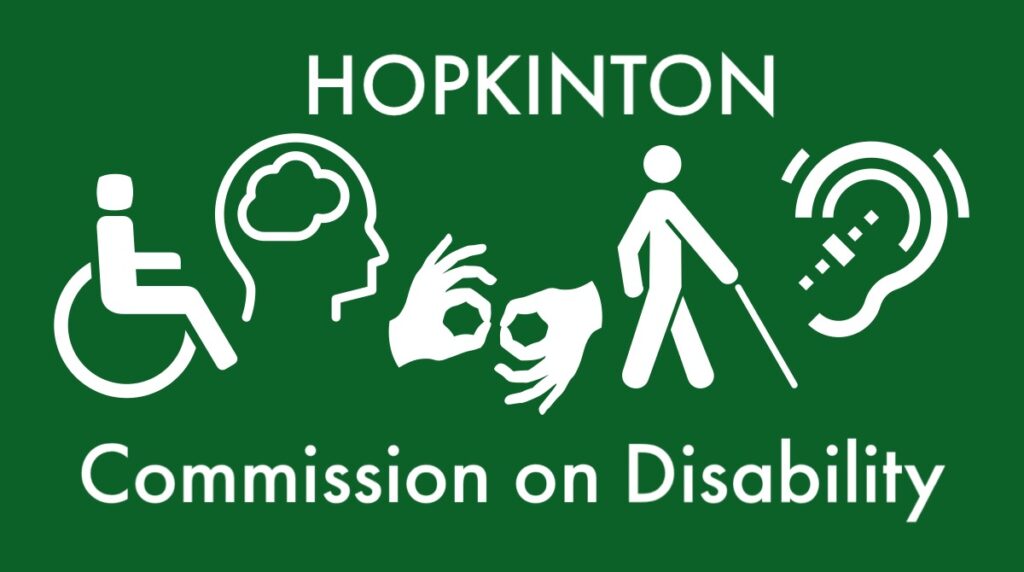The Communities at Golden Pond recently submitted a 17-page corrective action plan to the state’s Executive Office of Elder Affairs after the assisted living facility failed to meet its compliance requirements in March. [Editor’s note: This story has been corrected to reflect that the corrective action plan was written by representatives from Golden Pond — not the EOEA — in response to the recent investigation.]
The Independent filed a public records request with the EOEA on June 28 after learning that employees from the Assisted Living Certification Unit of the EOEA visited Hopkinton on June 19 to investigate conditions at Golden Pond. The information request was fulfilled on July 26.
The investigation at the facility, located at 50 West Main Street, was the result of Golden Pond failing a compliance review on March 23, according to a letter from the EOEA dated May 22. The facility was ordered not to accept new residents “on or after May 4.”
Golden Pond’s plan of correction is riddled with typos and grammatical errors, which made its meaning at times unclear. All actions the plan required noted a completion date of June 12, according to the document.
No information was provided by the EOEA as to whether new residents can be accepted at this time.
Executive director cites pandemic for lapses
The Independent previously reached out to Michael Volpe, Golden Pond’s executive director, for comment on the violations found by the state during the March audit and if plans for rectifying the situation had been completed. The Independent also reached out for this article to verify that the actions described in the corrective plan were completed. Volpe did not return any calls or emails.
In an email sent to Golden Pond residents on May 19 (and obtained by the Independent), Volpe offered an explanation.
“With all of our focus on the health and well-being of our residents and team members as we navigated through the pandemic, we were not always able to maintain all the regulatory requirements required for our certification as an assisted living community,” he wrote. “COVID-19 protocols and unforeseen challenges in staffing and infection control made it very difficult to adhere to all the requirements as we have prided ourselves in years past.”
Documentation missing on medication management
The EOEA’s Assisted Living Certification and Compliance Unit’s investigation revealed that 11 residents were missing documentation to confirm the completion of their SAMM, or Self Administered Medication Management processes.
In Massachusetts, all assisted living facilities must offer a level of medication management. Medications are kept in a secure box in a resident’s living quarters. A member of the caregiver staff is supposed to remove the medications at the required times, hand them to the resident, watch the resident take them, and then document the time and medication administered.
As part of the plan of correction, the facility was to perform a house audit of SAMM records. The nursing staff was supposed to be “re-educated on the importance of SAMM documentation.” Resident care assistants (RCAs) were audited regarding their SAMM competencies.
“Any RCA not in compliance with their biannual SAMM competency will have one completed,” according to the plan of correction.
To prevent reoccurrence, new RCAs upon their orientation are supposed to shadow a senior RCA to observe the SAMM medication distribution process. They cannot dispense medications themselves without demonstrating SAMM competency.
A monthly tracking was proposed for this process. Documentation is supposed to be audited on a weekly basis for 90 days to ensure compliance. These audits should be presented by the resident service director to the quality assurance committee. The composition of this committee was not documented.
Later in the document, it was noted that the facility “did not meet the requirement for ensuring an ongoing [quality assurance] plan for Service Planning, Resident Safety and Medication,” which specified SAMM and Limited Medication Administration, known as LMA.
Residents waited for emergency call response
Another concern found during the investigation was that some residents waited more than 10 minutes for a response to an emergency call, according to the corrective action plan.
In response, the facility has developed a process to make sure that the emergency call system is functioning, that emergency calls are answered “in a timely manner,” and that “[a]ppropriate staff have been educated on the ECall system process and the importance of responding timely,” according to the plan.
In addition, the emergency call system is supposed to be monitored monthly for a period of 90 days. Wellness nurses are required to monitor the response log daily to ascertain the amount of time it takes to answer an emergency call.
Per the plan of correction: “If a call system goes longer then [sic] 10 minutes, the Wellness nurse will notify the Resident Service Care Director who will re-educate the staff member on the importance of enswer [sic] the Ecall timely.”
Hourly resident checks questioned
The plan of correction pointed out that an audit was completed on hourly resident checks. It did not state whether those checks were performed in a timely manner.
Similar to other violations, the staff is supposed to be re-educated on the importance of performing these checks. The wellness nurse is responsible for documenting these checks. Weekly random checks are to be completed by the resident service care director, and the results of these checks should be presented at a monthly quality assurance committee meeting.
“The resident Service Care Director has overall responsibility,” according to the plan.
Resident screening assessments analyzed
An audit of resident screening assessments was conducted to see if the forms were properly completed.
“Any resident found during the audit to be out of compliance has had a new accurate assessment that was signed and dated by the appropriate person,” according to the plan. It did not indicate how many residents may have been out of compliance.
Going forward, the resident service care director must make sure that resident assessments are done prior to admission. These assessments now are supposed to be documented in a monthly tracking sheet. This form should be submitted monthly to the executive director and the resident care director. Ten percent of new assessments will be audited weekly for a period of 90 days to ensure compliance.
“Any staff member responsible for assessing the resident weather [sic] prior to admission and/or after admission will be re-educated on the importance of timeliness of assessment,” the corrective action plan states.
Service plan development reviewed
As with the other concerns outlined in the corrective plan, a house audit was completed regarding service plan development. Any residents who didn’t have an updated service plan were given one, although the number of residents this involved was not specified.
Per the document: “Service plans were reviewed and revised to ensure that all service plans address that the facility provides 24 awake staff.”
A monthly tracking sheet also was developed for service plans, and the protocol for their review was the same as outlined above for other areas of concern.
The same process was completed for residents’ bedrails.
Emergency preparedness plan revised
After Golden Pond failed its compliance review, it was to revise its incident/accident policy “to ensure compliance,” the document stated. Resident care assistants and licensed nurses were supposed to be re-educated on the importance of filing timely reports in the event of an emergency situation, and a new internal document was created.
Stated the plan: “The Wellness Nurse will be required to check in daily for report of any incident occurring within the past 24 hiurs, [sic] they will report their findings to the Resident Care Director.”
All incidents that are reported to the EOEA will be discussed at the monthly quality assurance meeting. The report did not specify the guidelines for reporting an incident to the EOEA.
Controlled substance policy updated
The controlled substance policy was reviewed and revised to comply with the regulation of and disposal of narcotics. The staff was to be re-educated on the administration of controlled substances. The wellness nurse must “randomly audit the 25% of facility controlled substance residents for complisnce [sic] of policy/documentation/storage.” Monthly reports are required to the resident care director.
Wellness nurses were to be trained to detect changes in behavior due to the use of narcotics. Daily logs are supposed to be checked by the wellness nurse or resident care assistant. This information should be reported to the quality assessment committee.
Staff health screening requirements stressed
A house audit was performed to make sure that employees complied with health screening requirements. These requirements should be completed during the onboarding process, and an employee is not supposed to begin work without completing the requirements. Requirements include proof of or declination of an influenza vaccine; a doctor’s note verifying the employee’s ability to perform physical work after a physical examination; and documentation regarding assessment for tuberculosis. A pre-hire check sheet will be implemented to ensure that these requirements are met.
Ongoing education assessment made
Golden Pond employee records will be audited to make sure that staff members are up to date with their educational requirements.
“Any staff member found not in compliance for their education will be educated to complay [sic] with the required annual education,” according to the plan.
Staff members can give input on subject matter about which they would like to receive further education. The results will be discussed at the monthly quality assurance meeting.




















0 Comments